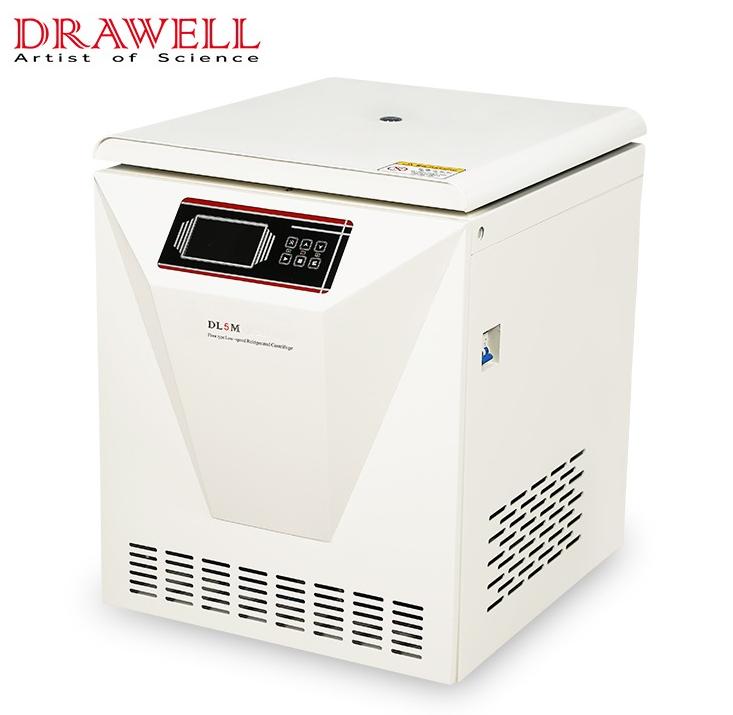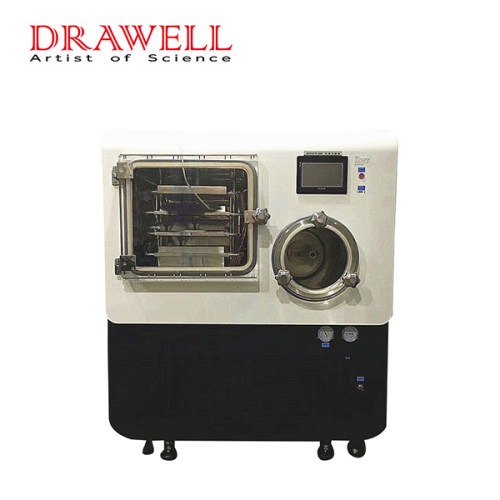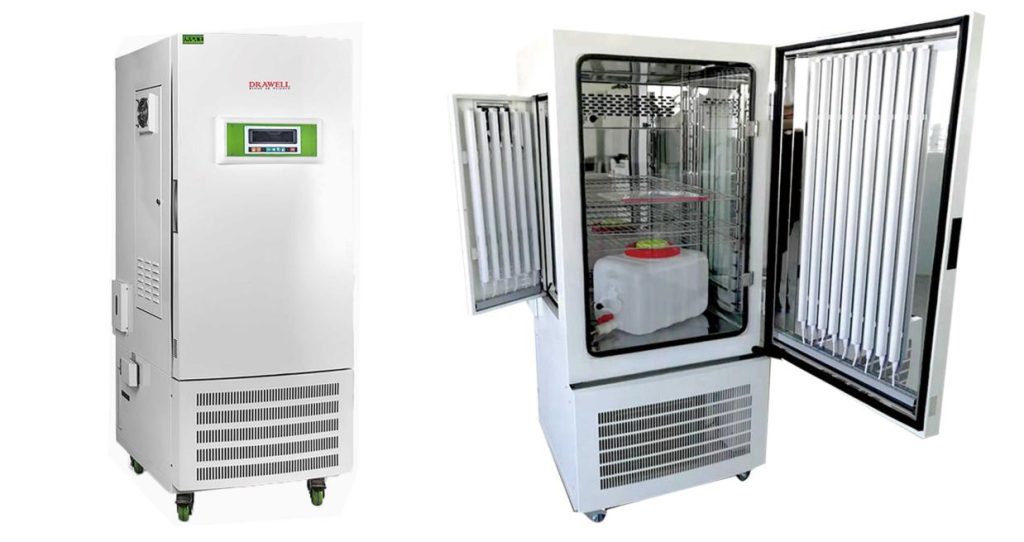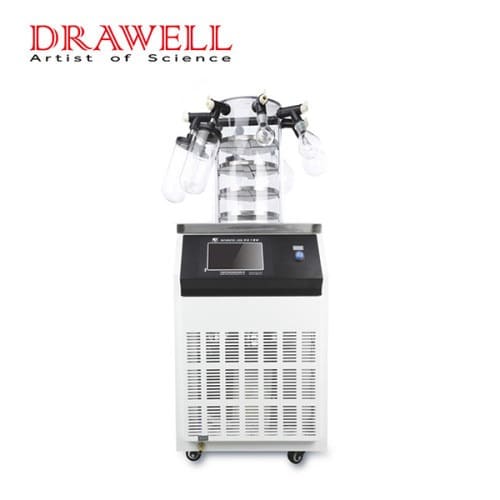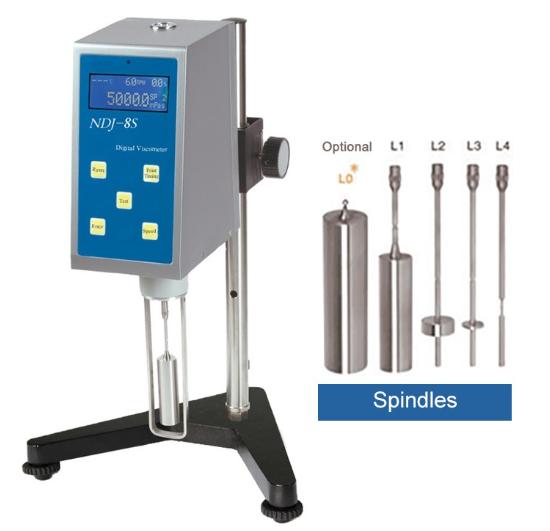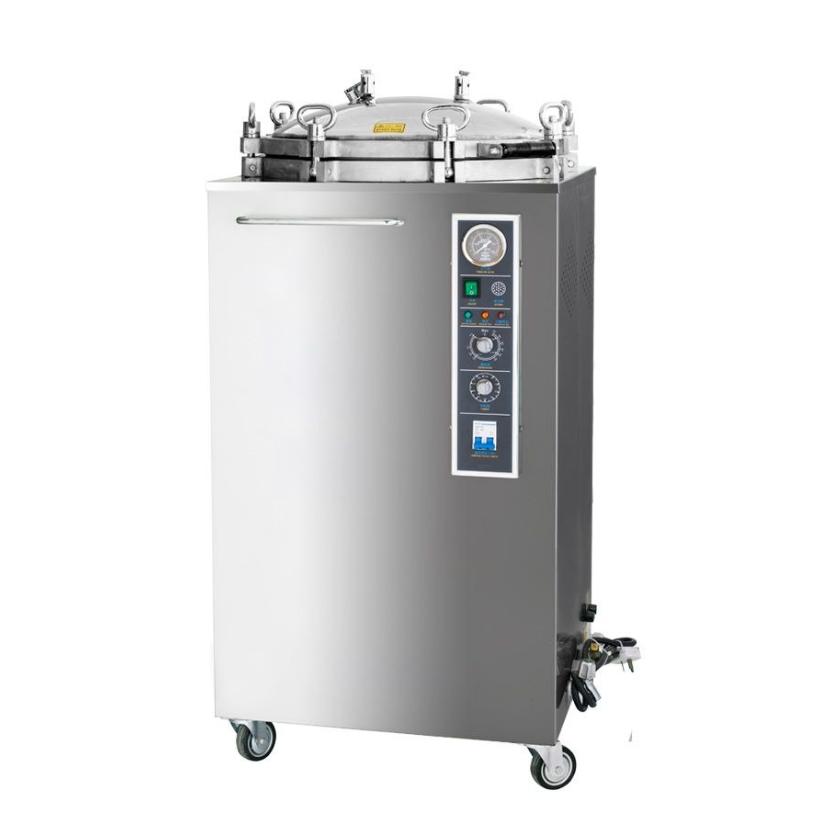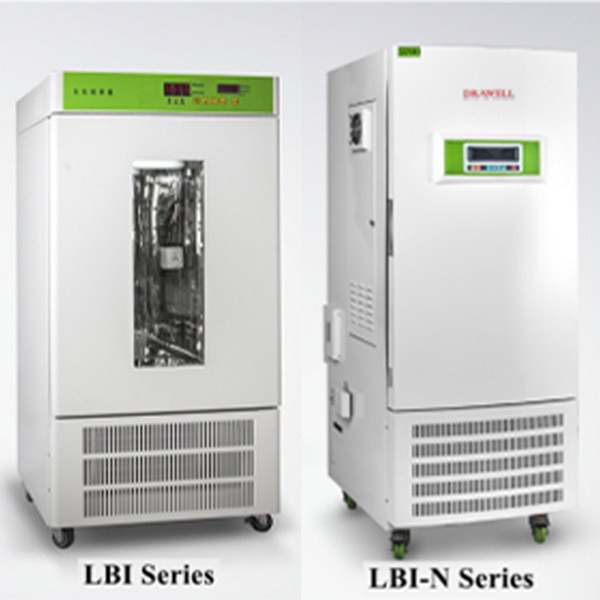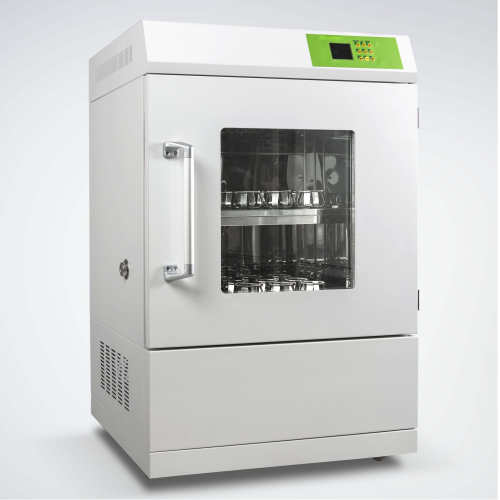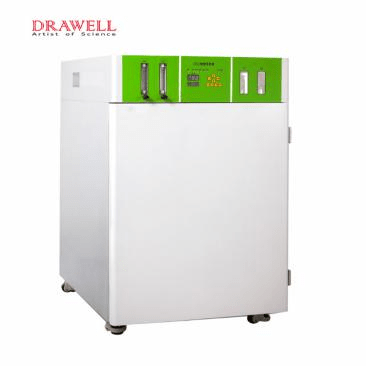News
How Customized Solutions of Floor Centrifuges Cater to Specific Industries?
Floor centrifuges, known for their capacity to separate liquids from solids or liquids with differing densities, are essential instruments in a variety of sectors. However, to address the unique constraints and requirements of spefific industries, customized solutions of floor centrifuges have emerged as innovative solutions. This article explores the significance of customized floor centrifuge solutions across diverse industries and explores…
Advanced Methods for the Determination of Formaldehyde in Air
Formaldehyde, a colorless gas with a pungent odor, is a common indoor air pollutant found in building materials, furniture, and household products. As a known carcinogen, formaldehyde poses significant health risks, necessitating the development and implementation of reliable methods for its detection and quantification in air. This article explores the importance of monitoring formaldehyde levels…
How to Scale Up Laboratory Freeze Drying Processes to Industrial Production: Challenges and Strategies
Freeze drying, a sophisticated preservation method celebrated for its ability to maintain the integrity and longevity of various products, undergoes a transformative journey when transitioning from laboratory-scale experimentation to industrial production. This journey is fraught with challenges, yet armed with strategic approaches, these obstacles can be overcome. In this article, we delve into the intricacies of scaling…
A Boon for Breeders: How Growth Chambers Enhance Plant Development
For plant breeders, the quest for faster, more robust crops is a constant pursuit. Traditional methods rely on natural elements, which can be unpredictable and time-consuming. However, the advent of growth chambers has revolutionized plant development, offering a precisely controlled environment to optimize plant growth and breeding programs. This article explores the world of growth chambers,…
How Lab Freeze Drying Machines Preserve Food for Research
Freeze drying, also known as lyophilization, is a sophisticated method used to preserve perishable materials, making it especially valuable in the food industry and scientific research. By maintaining the integrity, nutritional value, and structure of food, freeze drying has become an essential process for long-term storage and study. This article explores the science behind freeze…
How Do Digital Viscometers Revolutionize the High-Throughput Screening of Viscosity-Sensitive Materials
Whether it’s paints, adhesives, pharmaceutical formulations, or food products, precise control over viscosity is essential for ensuring product quality, performance, and consistency. However, traditional viscosity measurement methods often fall short when it comes to high-throughput screening of viscosity-sensitive materials. Digital viscometers are emerging as indispensable tools for the analysis in high-throughput screening(HTS) of viscosity-sensitive materials. Understanding Digital Viscometers…
How Vertical Autoclaves are Contributing to Space Optimization in Laboratories
In today’s rapidly evolving scientific landscape, laboratory spaces are at a premium. Researchers and clinicians alike are constantly seeking ways to optimize their work environments for enhanced productivity and efficiency. In this context, vertical autoclaves emerge as invaluable tools, offering a space-saving solution without compromising on sterilization efficacy. This article delves into the significance of vertical autoclaves in…
Adapting BOD Incubator Temperature for Different Sample Types
In environmental science and microbiology laboratories, Biological Oxygen Demand (BOD) incubators play a crucial role in determining the level of organic pollution in water samples. These incubators provide a controlled environment for microorganisms to break down organic matter, thereby measuring the amount of oxygen consumed during the process. However, the effectiveness of BOD incubation relies heavily…
Shaking Incubators in Protein Expression and Purification: Principle and Best Practices
Protein expression and purification are fundamental processes in molecular biology and biotechnology research. These processes enable scientists to produce and isolate specific proteins for various applications, including structural studies, drug development, and biotechnology. Shaking incubators play a crucial role in these workflows by providing optimal conditions for cell growth, protein expression, and purification. In this article, we…
Comparing Air Jacket vs. Water Jacket CO2 Incubators: Which is Superior
In the realm of cell culture research, maintaining precise environmental conditions is paramount for the viability and reproducibility of experiments. CO2 incubators play a crucial role in providing these conditions by regulating temperature, humidity, and CO2 levels. Among the various types of CO2 incubators available, air jacket and water jacket models are two popular choices. Both…


